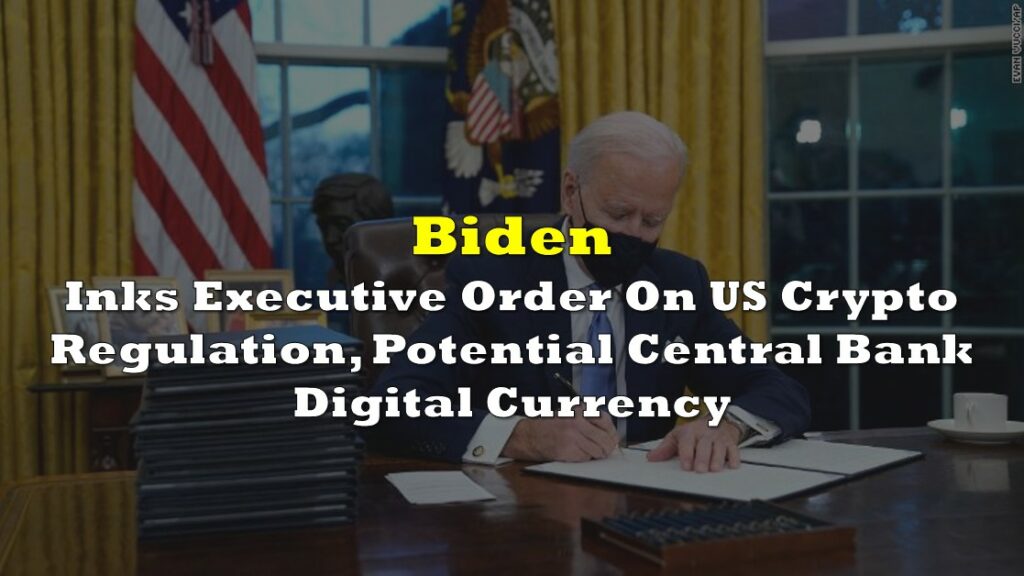El Salvador has recently passed a new law that will give bitcoin legal tender status, making it the first country in the world to do so. The law is expected to take effect come September 7, with El Salvador’s president, Nayib Bukele, hailing the move as a significant milestone for the country, whose GDP heavily rely on remittances sent back from workers abroad.
However, according to Fitch Ratings, El Salvador’s latest move could pose significant ramifications, particularly for the country’s banks, which will likely face increased regulatory, financial, and operational risks, as well as even breach international anti-money laundering (AML) standards. Although El Salvador’s financial regulators have yet to reveal a concrete implementation framework, bitcoin’s ongoing price volatility could create obstacles in its use as a legal tender and store of value.

Given El Salvador’s optimistic timeframe of making bitcoin a legal tender come September, the country’s lawmakers are faced with a quick turnaround in creating a new regulatory framework with respect to the cryptocurrency, as well as finalize payments systems for the conversion of bitcoin to US dollars. Once bitcoin officially gains legal tender status, all businesses in El Salvador will be required to accept the cryptocurrency as payment, unless they do not possess the technological means to do so.
However, El Salvador does not plan to tax capital gains, and any taxes that are owed to the government can be paid via bitcoin. This, according to Fitch, will likely attract an onslaught of foreign bitcoin inflows into the country, and thus subsequently increase the potential of funds derived from illicit activities to pass through El Salvador’s financial system. Fitch warns that if the Central American country’s regulations do not adequately comply with Financial Action Task Force (FATF) standards, then bitcoin’s lack of transparency would significantly increase the likelihood of money laundering, tax evasion, and terrorist financing.
Fitch also points out that El Salvador has yet to meet IFRS accounting standards, as well as Basel II and Basel III standards, which are minimal capital requirements and risk management standards, respectively. As a result, financial institutions’ balance sheets that are denominated in USD could face increased volatility in the event that bitcoin assets/liabilities are not converted into USD quickly enough or positions are left open.
Therefore, El Salvador’s expedited implementation of bitcoin as an official payment system could disrupt its banks’ current management protocol for cyber/ransomware, operational, liquidity, and currency risks, as well as their underwriting standards. It still remains unclear how exactly the new platform will operate, and the breadth of the government’s engagement has yet to be detailed.
Information for this briefing was found via Fitch Ratings. The author has no securities or affiliations related to this organization. Not a recommendation to buy or sell. Always do additional research and consult a professional before purchasing a security. The author holds no licenses.









